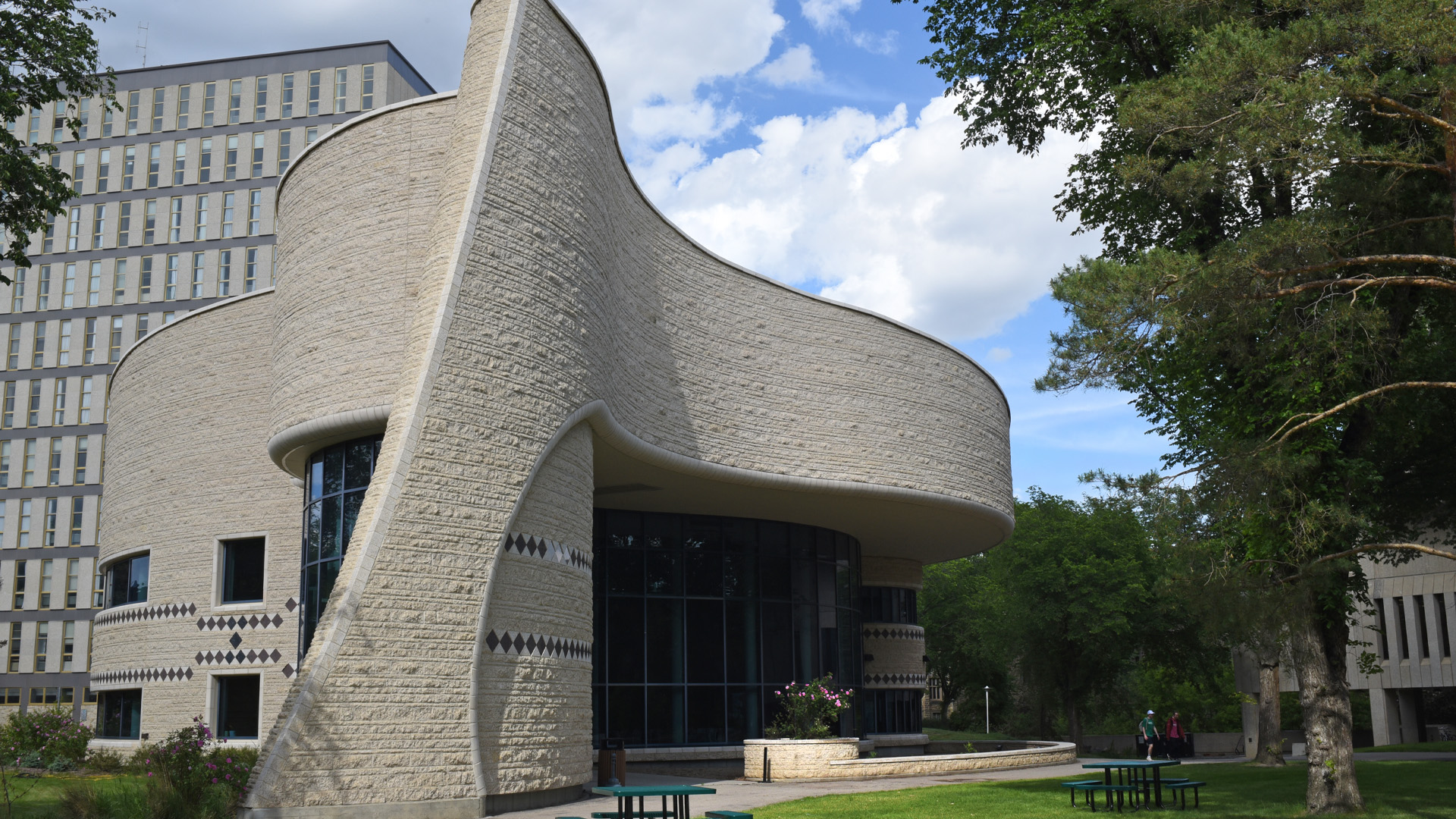Universities in many countries are grappling with how to verify Indigenous identity in hiring, admissions and funding decisions.
As the clamour grows louder over pretendians (non-Indigenous individuals falsely claiming Indigenous identity), the issue has been framed in terms of morality: fraud versus authenticity; inclusion versus gatekeeping; “witch hunts,” with their accusations of lateral violence versus “vampire hunts,” with their accusations of resource theft from those deemed truly deserving.
These framings are reasonable. But they overlook a crucial factor. In our increasingly data-driven society, identity is never just claimed or denied. It is enabled, mediated and legitimized by the technological and information systems of modern bureaucracies. This has major implications for how pretendianism policies reflect reconciliation.
To understand how Canadian institutions have mishandled pretendian policies – and how a more ethical approach might emerge – we must examine how universities structure information and how that information in turn structures identity.
Ethical verification frameworks are essential if universities hope to align their policies with the reconciliation principles they profess. That work begins by confronting the power that information holds in shaping these decisions.
It is also essential for universities to stop building Indigenous verification systems by themselves and start building them with Indigenous nations external to the institution.
Reconciliation created a market for pretendianism
Pretendianism has arguably existed for generations in Canada, but the last decade of reconciliation has created a new and peculiar supply-and-demand economy for it. Under pressure to act on reconciliation, universities have attempted to welcome Indigenous Peoples but have often done so without Indigenous partnerships.
To the extent that self-identification drives identity-making, claims rooted solely in individual desire predictably led to pretendians supplying what universities were seeking.
Many university administrators – often white and mostly well-meaning – have equated doing the right thing with saying yes to nearly all claims of Indigeneity. Saying yes was equated with inclusion while saying no was equated with racism. But the opposite is often true. Sometimes saying no is what affirms accountability to Indigenous nations.
Committees have also framed claims as complicated, citing the impact of colonial violence and lost documentation in complicating verification in the face of emotionally compelling contemporary self-identifications.
But at its core, the issue is straightforward: How do we stop non-Indigenous people from making claims to Indigeneity? The challenge lies in determining what counts as legitimate evidence.
From lived experience to data systems
Historically, all identities, including Indigenous ones, were shaped and affirmed through local, relational networks. But as Colin Koopman argues in his fascinating book How We Became Our Data, our identities have become increasingly “formatted” and “fastened” to our information over the past century. They have effectively shifted from lived relationships to what can be found in paper trails, databases and even DNA tests. Increasingly, documentation defines who we are.
This shift has produced what I call a genealogical imaginary – a cultural logic that treats identity as discoverable in documents rather than lived through relationships. Ancestry has become a technical fact to be located and submitted rather than an anchoring point for a set of responsibilities maintained in community. Indigenous nations have been forced to adapt, aligning their recognition systems with genealogical proximity. Nearly all claims to Indigeneity are now filtered through this lens.
Canada must act to end the pretendian problem
Reconciliation in post-secondary education requires courage and humility
This isn’t a binary between real and fake Indigeneity. We all live in an information-saturated world. But it is also one where white people are increasingly Playing Indian – the title of a book by Philip J. Deloria – and making claims to Indigeneity based on dubious evidence and in the absence of any kind of lived experience.
This is especially pronounced in universities, so Indigenous verification committees in these institutions carry the responsibility of evaluating how information is structured and who gets to interpret it.
Unfortunately, when universities have confronted pretendianism at all, they have often framed it as a matter of bad actors lying for personal gain. But focusing solely on intent misses a deeper issue, which is the narrow ways that institutions validate those claims. Pretendianism isn’t just a problem of gatekeeping. It’s also the predictable outcome of infrastructures built to assess identity through data rather than lived relationships.
A minimal ethical response
This problem isn’t unsolvable. It is, however, more complicated than many universities assume.
But meaningful change requires more than good intentions. It depends on relationships that extend beyond the university itself to relationships with Indigenous Peoples whose voices must shape the policies being designed.
Thus, at a minimum, verification committees must include Indigenous members external to the university. Though universities are where pretendian practices become visible, they are not where they begin or end. As such, these external voices are essential. Ideally, verification systems should be co-designed with local Indigenous nations. But at the very least, external Indigenous involvement must be non-negotiable.
Two crucial conceptual shifts
Even with external Indigenous partnership, two core shifts must guide institutional practice.
From self-identification to citizenship: Self-identification is central to the genealogical imaginary. Citizenship, by contrast, means being claimed by a nation or community, respecting their authority to determine who belongs and respecting their verification systems.
From ancestry to kinship: Ancestry is about documenting descent. Kinship is about ongoing relational belonging. Ancestry is about who we say we are. Kinship is about who says (where) we belong.
Building these systems won’t be easy. After a century of weak or absent relationships with Indigenous nations, many universities are beginning to establish them. The process will be messy. Individual cases reveal how complex the institutional terrain is. Universities operate within overlapping layers of HR policy, law, union rules, media scrutiny and emotional tolls.
Verification committees will need to grapple with difficult questions:
- What forms of Indigenous citizenship will be recognized?
- What counts as sufficient evidence?
- How will grey areas be addressed? In saying no (or yes), how will committees deal with issues relating to the situations of adoptees, non-status individuals or those with ancestry but no community ties – while maintaining claimants’ dignity?
- What concrete steps will they collectively fashion to ensure these decisions are carried out consistently, transparently and with respect for Indigenous communities’ own definitions of belonging?
A better future requires better infrastructure
Pretendianism involves deception but it’s also about the systems that permit – and even encourage – those practices. When institutions reward what can be documented rather than what is lived in a moral context, where saying yes is synonymous with virtue, they create fertile ground for false claims. This informational world may be where we live, but we don’t have to build policy that reproduces it on purely informational terms.
This is not a call to abandon documentation because pretendians have infiltrated lived relationships, too. Instead, we need to build better information relationships and acknowledge that infrastructure is never neutral. Rather, it shapes how Indigenous identity becomes legible and meaningful.
If universities are serious about tackling identity fraud, they must rethink what counts as evidence and who gets to interpret it. Data will remain part of these processes. The question is: Whose voices will we trust to make sense of them?
Ultimately, universities must stop building Indigenous verification systems by themselves and start building them with Indigenous nations. Respect, reciprocity and shared authority must be more than slogans. If Indigenous verification is to have ethical meaning, these principles must ground the relationships.
Otherwise, reconciliation risks being worth little more than the paper on which it’s printed. Several universities, including the University of Saskatchewan, have begun building a system that respects both Indigenous sovereignty and the internal complexities of large post-secondary institutions.
These examples offer hope and remind us that meaningful reconciliation begins when, and where, Indigenous partnership shapes institutional policy.








